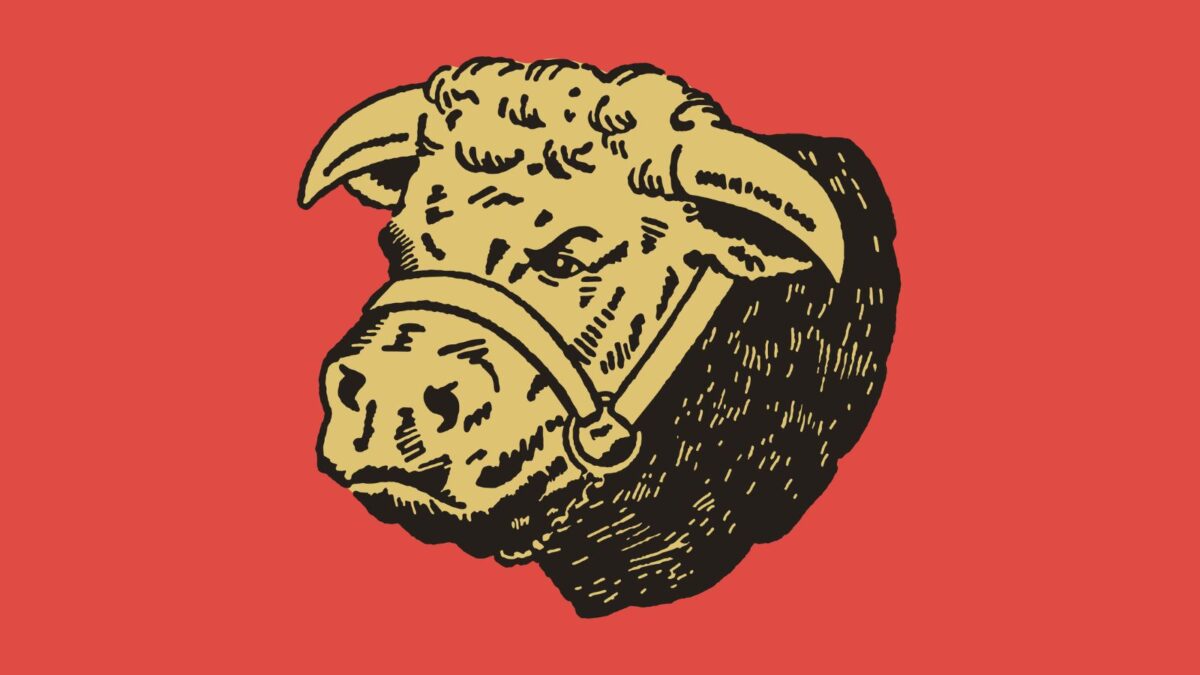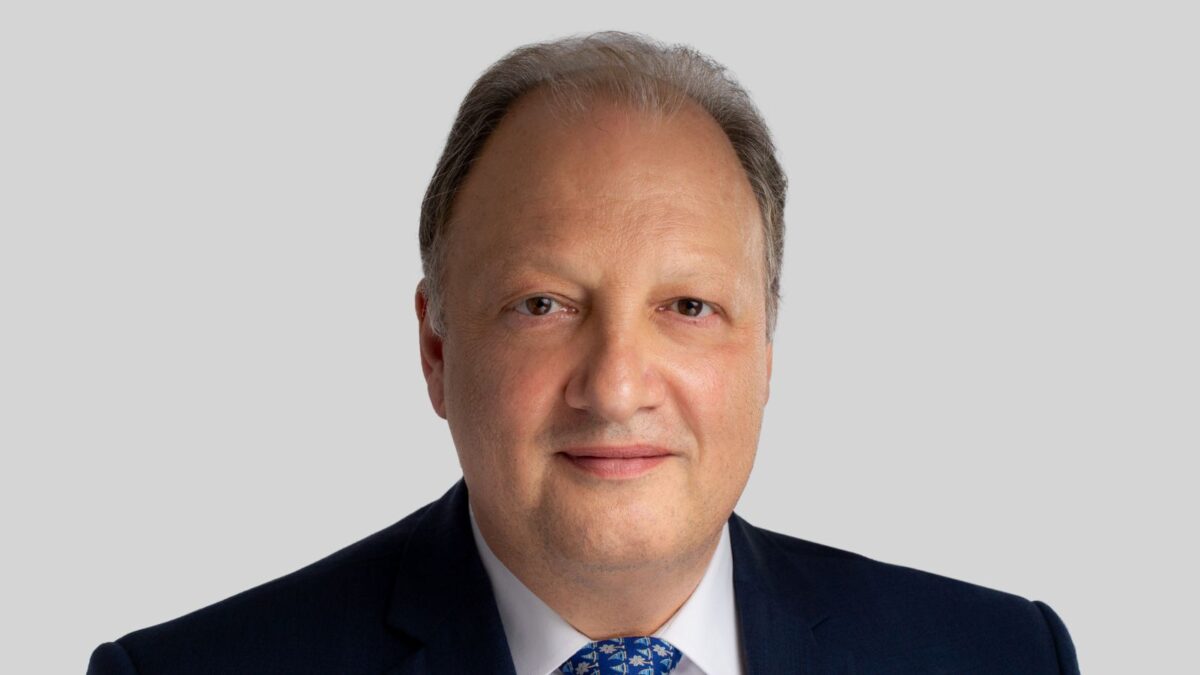How to get systematic alpha out of a ‘black box’
For many years super funds have been frustrated by managers who claim to have proprietary information in their processes. When revealed, the info is often no more than what is currently referred to as “smart beta”. Now, we can devolve these processes and highlight new strategies to explore.
According to a new research paper by the global specialist implementation manager Parametric, a “black box” mentality is potentially both holding back returns and adding to a fund’s unknown risks. You can’t know your risk if you don’t know what risks your manager is taking.
Visiting Australia last week, Tom Lee, the managing director in charge of investment strategy and research at Parametric in Minneapolis, USA, said that, until recently, many investors thought they were getting alpha from their managers, but, in fact, they were getting something else.
“And you can get that, in a systematic way and with a lower fee, through an implementation strategy,” he said.
There are several mainstream strategies that can give you these sorts of systematic returns, wherein the investor has full knowledge of the processes involved. The terms now being thrown around include “smart beta”, “risk premia” and “factor” investing.
Parametric’s Tom Lee will argue the toss on the precise definitions of each, as most quant-orientated manager will also do. However, for the mug investor they are close to being synonyms. The one thing he does insist on is that those terms reflect long-term sustainable alpha. They are not, he says, simply “anomalies” of a short-term nature.
As an example of an “anomaly” he refers to the old “January effect”, which was when shares, in the US at least where there is most information, inevitably rose in January. Nowadays, there is no such effect. It was all an administrative-type issue to do with year-end accounting and public holidays.
Real sustainable factor-type drivers include “value”, “carry”, “momentum” and “volatility”. These are all well documented and supported by academic literature, he says.
Raewyn Williams, the Parametric Australia head of research, who co-wrote the paper with Lee, says that her firm does not have a view on particular factors. They were for the asset owner to decide, she said. Parametric sought to implement the clients’ view as efficiently as possible, including often-neglected strategies such as tax management, cash management and foreign exchange transacting.
“If I can’t or don’t want to replace a manager,” she says, “the next-best thing I can do is to see everything from their [the manager’s] perspective.”
One strategy that super funds should be aware of is volatility. A Parametric case study shows that the volatility risk premium (VRP) exists to be exploited in a systematic manner. There are several ways that a fund can ‘harvest’ the risk and return characteristics of a VRP strategy, such as through options, swaps and futures.
The VRP is one of a number of alternative risk premia in which super funds are becoming increasingly interested, but which have traditionally been accessible only by way of a hedge fund “black box”, Williams says.
“Black-box investing sits uneasily with fiduciaries as powerful cross-currents sweep the superannuation industry into a new era of transparency… Including the important practice of accessing alternative sources of returns which diversify away from the equity risks that dominate most superannuation portfolios.
“Just as active equity portfolios themselves are being open up and picked through for their component factor parts, we have shown that it is possible to do the same for at least some of the components of a hedge fund black box,” Williams says.
“Using the VRP as an example, we have suggested a way for funds to directly target this risk premium in a relatively straightforward, trans- parent, rules-based way that superannuation funds can understand.”









